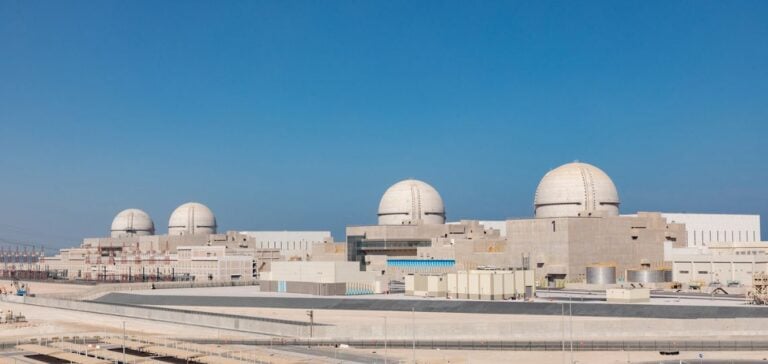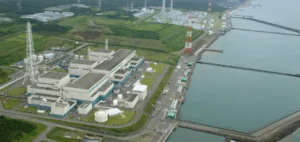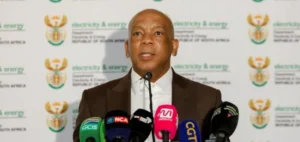Although not a member, theInternational Atomic Energy Agency (IAEA) actively participates in the G20 Energy Transitions Working Group, one of the G20’s fifteen decision-making bodies. Historically, the IAEA has shared its advances on the use of nuclear technologies in the fight against plastic pollution, but this year the focus is on the role of nuclear power in clean energy mixes.
Global commitments and necessary investments
Echoing the G20 discussions, the IAEA has published a document entitled “Nuclear Energy for Net Zero: Accelerating Investment in the Clean Energy Transitions”. The report highlights the need to more than double annual investment in nuclear power, to over $100 billion, in order to meet net-zero targets, particularly in emerging markets and developing economies.
Global impact and scientific consensus
Rafael Mariano Grossi, Director General of the IAEA, has stated that the world’s clean energy transition inevitably requires nuclear power. This assertion is supported by the inclusion of nuclear energy in the first COP28 Global Assessment, and by the commitment of more than 20 countries to triple their nuclear capacity.
Next steps and outlook
The IAEA plans to publish another report in October, “Climate Change and Nuclear Power 2024: Financing Nuclear Energy in Low Carbon Transitions”, ahead of the G20 summit and COP29. This report will highlight the financing needed to integrate nuclear energy into low-carbon transitions.
Future prospects
Thiago Barral, Secretary of Planning and Energy Transition at Brazil’s Ministry of Mines, underlined the scientific consensus on the role of nuclear power in achieving carbon neutrality.
Nuclear energy, supported by G20 initiatives and IAEA analyses, is now seen as essential to a sustainable energy transition. Its role in global governance reform and sustainable development is now a clearly defined international priority.






















